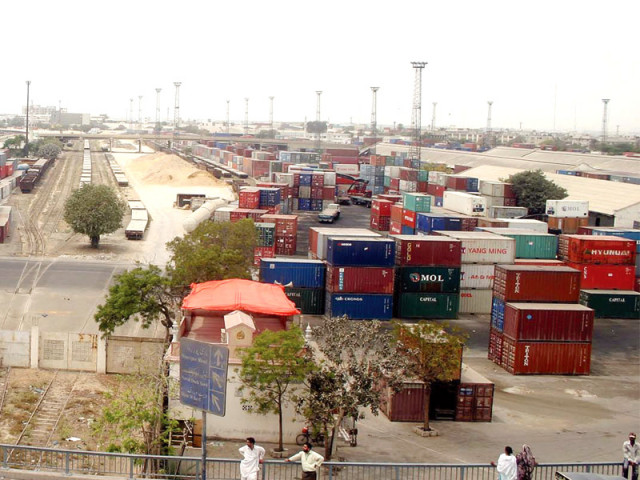The Federal Board of Revenue (FBR) has officially suspended all Afghan transit trade from Karachi ports, along with a directive to implement new technological protocols to ease severe terminal congestion at Port Qasim and Karachi Port, according to several orders issued by the FBR.
The directive was issued at a meeting on the security fallout of the recent unrest on the Pak-Afghan border, chaired by the Director General of Customs, Karachi.
Read: Explained: Pakistan-Afghanistan border conflict
With immediate effect, all passes for Afghan transit consignments have been canceled and customs clearance of all such goods has been suspended at Karachi Port and Qasim Port.
As per Office Order 98 of 2025, the suspension was prompted by the recent closure of the Pak-Afghan border, which caused a massive accumulation of goods at terminals and border customs posts in Karachi.
The transport of Afghan transit containers will remain suspended until commercial activities resume at border customs posts with Afghanistan.
Learn more: Failure to implement national action plan fuels rise in terrorism (DG ISPR)
Junaid Makda, president of the Pak-Afghan Joint Chamber of Commerce, said 291 containers of Afghan transit goods are stuck at Karachi and Qasim ports.
Besides, 500 containers are blocked at Chaman border, 400 at Torkham border, 100 at Ghulam Khan and 100 at Kharlachi. Additionally, hundreds of additional containers are waiting on ships to be unloaded.
Makda reported that traders on both sides are now selling food items at half price. He said the suspension of Afghan transit trade results in a daily loss of one billion rupees. In Afghan transit trade, a two-way movement of a thousand containers normally takes place daily. “All the warehouses established in Torkham are already full,” Makda added.
Goods transiting through Afghanistan include electronic products, electrical items, machinery, household appliances, home textiles, confectionery and chocolates, and other perishable products. Traders on both sides have already suffered losses amounting to billions of rupees in the last four days.
Director of Transit Quetta and Director of Transit Peshawar said that the two customs posts working under their jurisdiction have reached their optimum capacity and cannot accommodate more containers.
Also read: Over 200 Afghan soldiers killed, 23 soldiers martyred in retaliatory strikes on Afghanistan: ISPR
In a parallel move detailed in Bureau Order 97 of 2025, authorities imposed strict new technological requirements to combat congestion that was crippling port operations. The move was made after terminal operators complained of a lack of coordination with tracking companies, resulting in vehicles being parked indefinitely without confirmed orders or paid tracking devices.
The new procedure will not allow any bonded vehicle to enter a port unless a Prime-over Device (PMD) is installed by an approved tracking company. The tracking company is required to confirm payment of travel costs and availability of the Container Monitoring Device (CSD) to the terminal operator before entry is permitted. This measure is designed to create a transparent and electronically verified process to avoid delays and reduce truck congestion inside port terminals.
The directives represent a significant intervention by authorities to manage a growing logistics and security crisis, crippling Afghan transit trade while attempting to untangle congestion that has built up at the country’s main economic gateways.




